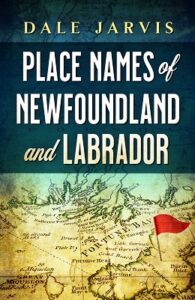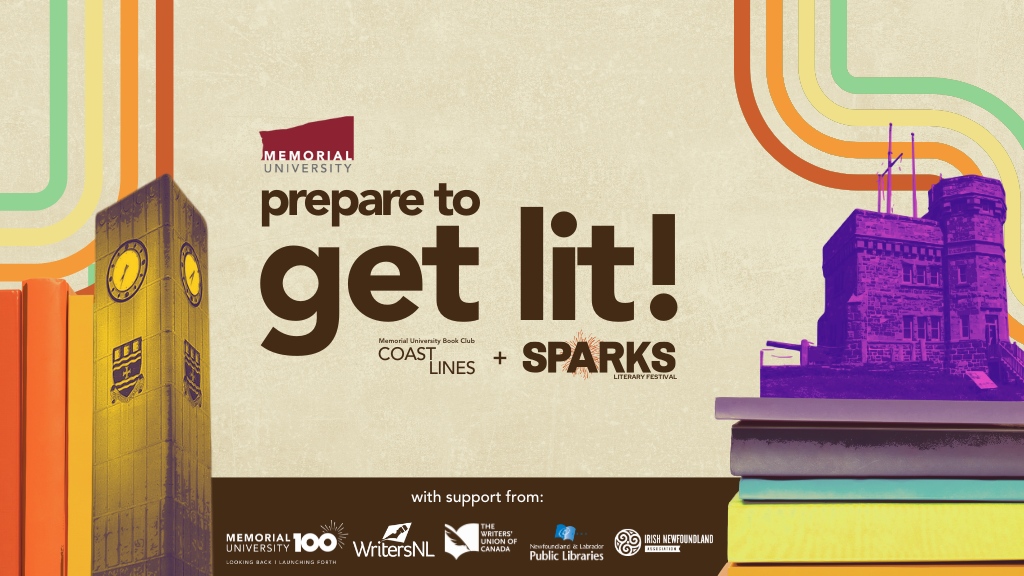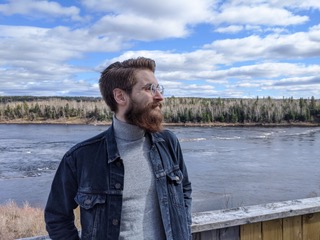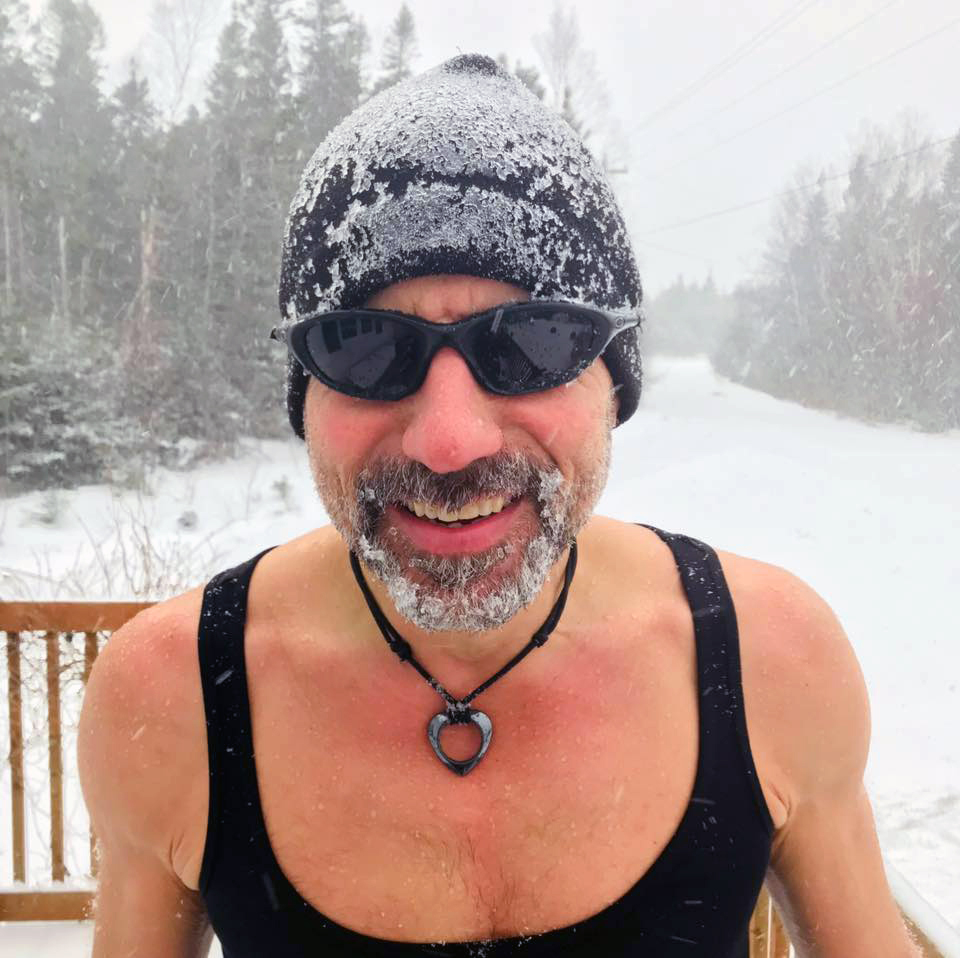Dale Jarvis: No place name happened by accident
May 2022
What can be embedded in a place name (linguistically, historically, descriptively, narratively)?
An astonishing amount of information can be packed into something as simple as a place name. They can provide tantalizing links to the distant past, and be used to track the history of a place over time. We also have a lot of different types of place names. Some are very reflective of the geography of the place itself, referencing things like local sea conditions, the sounds made by natural features like running brooks or shoals, or even the smell of a place. Others refer back to how that place was used or what was made there, while others capture family names no longer living in the community. Each place is different, but no name happened by accident. There is always a story, some just easier to track down than others.
Was there a place name whose origin you could just not pin down?
Colinet, St Mary’s Bay, is a bit of a mystery. There is a theory that it might have something to do with a trader named Andrew Colinet, but he was active around the Great Northern Peninsula, so that might be a stretch, historically and geographically. In some instances, the name is spelled “Coroneat” and “Curnet” so the association with Mr Colinet may be a coincidence. Sometimes we just don’t know for sure.

Why does NL have so many intriguing and unusual place names (or is that a myth)?
I’ll go out on a limb and say this is a bit of a myth. We do have place names that are unusual and intriguing, but so do a lot of other places. I think what might be a bit more unique is the pride we have in places here in the province, and a love of telling stories about those places. I think we’ve also benefited in Newfoundland and Labrador in having a long history of people studying and writing about local folklore, something that maybe other parts of Canada haven’t.
How did you decide if a place is a place? Was there a criteria of a certain population, or lifespan?
In 2011, it was estimated that there were 30,000 official place names listed for Newfoundland and Labrador, with as many as 50,000 other names in the oral tradition which had never been recorded. This book, out of necessity, presents only a fraction of those places. I’ve chosen to focus largely on incorporated towns in this volume, and to tell background stories that I think are interesting or quirky. If I had decided to write down every place name, the book never would have been finished!
I admired your ability to track spellings and misspellings of place names over decades and even centuries. Does that call for a special skill – or just patience?
There have been cultural geographers, linguists, anthropologists, and historians writing about local place names for over a hundred years here. For some places, like the Avalon and Great Northern Peninsula, entire books have been written detailing the history of toponyms, so for some communities, it was fairly straightforward research. A lot of the research I do is really more about patience than skill, and a willingness to go down research rabbit holes that might or might not prove useful in the long run.
Do you have a favourite place name?
I love the places named after saints, because they generally have a great saintly legend associated with the name, like St Anthony who preached to a school of attentive fishes, or St Lunaire, who, when preaching in the open air, hung his coat on a sunbeam. One of my favourites is St Lawrence, who was ordered to be roasted to death on a gridiron prepared with hot coals beneath it. After the martyr had sizzled over the fire for a while, he cheerfully declared: “I’m well done on this side. Turn me over!” and in doing so becoming the patron saint of cooks, chefs, and comedians.
What are you working on next?
I’m working on another book of ghost stories, of which we seem to have an endless supply, and I’ve been having a lot of fun telling short little stories about local folklore on TikTok, which has been getting a lot of great feedback!
Place Names of Newfoundland and Labrador ($21.00, 266 pages) is published by Flanker Press.



